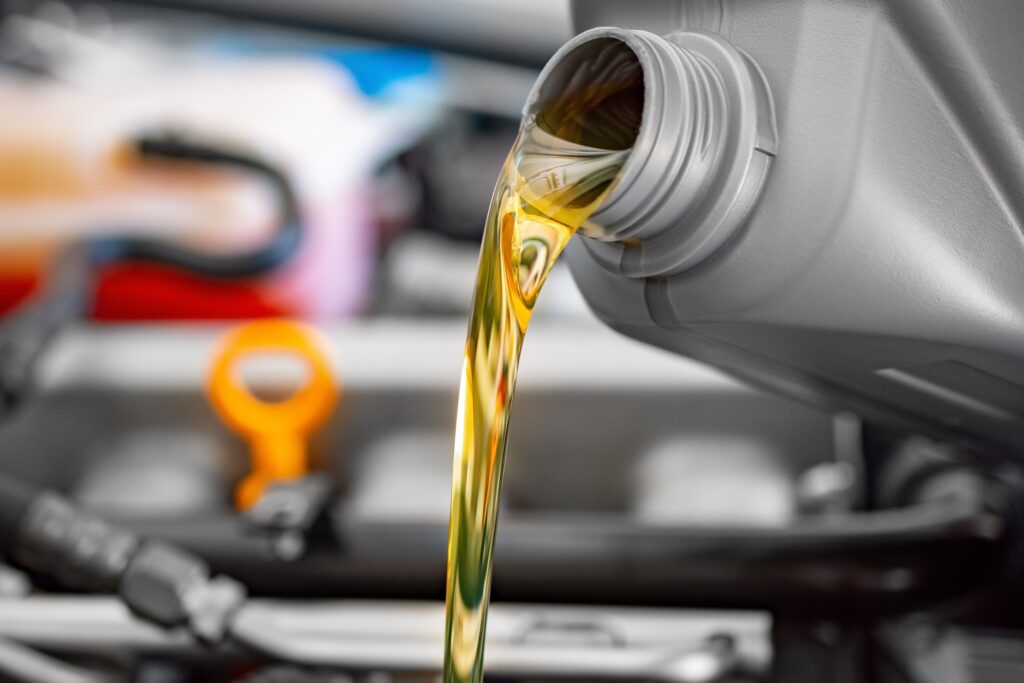
Hydraulic oil is a specialized fluid used in hydraulic systems to transmit power, lubricate components, and prevent corrosion and wear. The oil used in these systems needs to have specific properties to ensure smooth operation and longevity of machinery. There are various types of hydraulic oils, each designed for different applications and environments. This article discusses the main types of hydraulic oils, their properties, and their uses.
Mineral-based hydraulic oils are the most commonly used type of hydraulic fluid. They are derived from refined crude oil and are typically formulated with additives to enhance their performance. These oils are known for their excellent lubricating properties, thermal stability, and resistance to wear.
Mineral-based hydraulic oils are widely used in industrial machinery, construction equipment, and agricultural machinery. They are suitable for general-purpose applications where high-performance hydraulic systems are not required, such as presses, lifts, and machines with moderate pressure and temperature ranges.
Synthetic hydraulic oils are manufactured using chemical processes, allowing for precise control over their composition. These oils are highly resistant to oxidation, have superior thermal stability, and maintain their performance over a wide range of temperatures. They also have better low-temperature fluidity compared to mineral oils.
Synthetic oils are used in applications where extreme conditions, such as high temperatures, high pressures, or fluctuating operational environments, are encountered. These oils are common in aerospace, automotive, and high-performance industrial machinery, as well as in systems where fluid longevity is critical.
Water-based hydraulic oils are a mixture of water and either mineral oil or synthetic base oils. The most common types are water-glycol mixtures. These oils are known for their fire resistance and excellent cooling properties. However, they have lower lubricating capabilities than traditional oils and may require additional additives to enhance performance.
Water-based hydraulic oils are commonly used in industries where fire safety is a major concern, such as in steel mills, mining, and certain manufacturing processes. They are ideal for applications that require effective cooling and fire resistance, but are not typically used in systems requiring high lubrication performance.
Fire-resistant hydraulic oils are specially formulated to reduce the risk of fire in high-temperature environments. These oils are typically water-containing (water-glycol or water-oil emulsions) or ester-based. They have a high flash point and do not ignite easily, even in the presence of heat and sparks.
These oils are used in industries where the risk of fire is significant, such as in mining, offshore drilling rigs, and certain manufacturing environments. They provide an additional layer of safety in hydraulic systems that operate in environments with high heat or potential for fire hazards.
Biodegradable hydraulic oils are made from natural esters or synthetic esters and are designed to break down quickly in the environment if spilled. They offer similar lubricating properties to conventional oils but with a significantly lower environmental impact. These oils are designed to minimize the damage caused by accidental spills, particularly in areas near bodies of water.
Biodegradable oils are commonly used in forestry, agricultural machinery, and off-road vehicles that operate in environmentally sensitive areas. They are also used in hydraulic systems where accidental spills are more likely to occur, as they have less negative impact on the surrounding ecosystem.
Conclusion
Choosing the right type of hydraulic oil is essential for ensuring the efficiency, longevity, and safety of hydraulic systems. Whether you use mineral-based, synthetic, water-based, fire-resistant, or biodegradable hydraulic oils, it is important to match the oil’s properties with the operational conditions and environment in which the system operates. Proper maintenance and monitoring of hydraulic fluids can also prevent costly damage and ensure optimal performance.